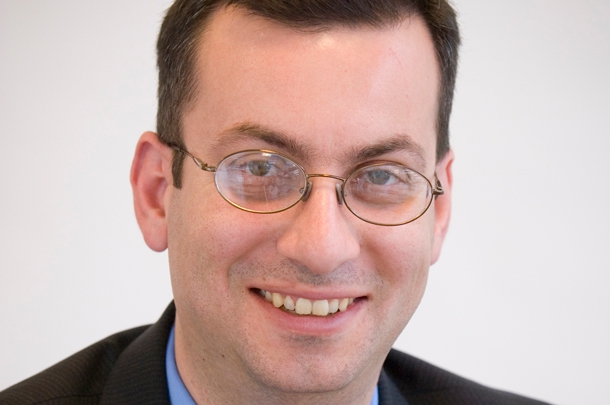The USC Abdominal Transplant team completed its first paired kidney transplant on April 24, successfully transplanting a kidney obtained through an exchange with Johns Hopkins Hospital in Baltimore into a patient at Keck Medical Center.
In a paired kidney exchange, also known as a “kidney swap,” a living kidney donor who is incompatible with an intended recipient exchanges a kidney with another donor/recipient pair.
In this case, a kidney was removed from donor Raul Hernandez on the afternoon of April 23 and flown overnight to a patient at Johns Hopkins. The next morning, a kidney from the Hopkins donor was removed and flown to LAX, arriving in the late afternoon for transplant into Hernandez’ wife, Claudia.
Both Los Angeles operations were performed by Sophoclis Alexopoulos, MD, assistant professor of clinical surgery and directory of kidney transplantation at Keck Medical Center of USC. The process of arranging for the paired kidney exchange was overseen by Yasir Qazi, MD, medical director of the kidney-pancreas transplant program at Keck Medicine of USC.
According to Noriko Yamasaki, transplant coordinator, this was not the first successful live donor transplant involving the Hernandez family. Raul’s cousin, Petra Hernandez, received a successful live donor liver transplant in March of this year from her daughter, Ana.
Raul Hernandez and his wife Claudia Sanchez-Hernandez have three children and currently live in Georgia. Claudia started dialysis in 2011 and underwent transplant evaluation at Keck Hospital that year. At the time, Raul volunteered to be her kidney donor, but he was found incompatible.
Yamasaki said that Claudia and Raul were listed as willing participants in the paired kidney donation database in July 2014.
“It’s great that Raul was able to help someone else, who in turn could help his wife to receive a kidney,” she said. “That’s what is so wonderful about this paired kidney exchange program, and Keck Medicine of USC is proud to be a part of it.”
The paired kidney exchange is becoming increasingly common when a donor’s kidney is incompatible with a relative or friend who needs one. Instead of waiting for a stranger to donate or doctors to recover a kidney from a deceased body, recipients and donors in the database that seeks to pair them with people in the same situation who appear to match based on blood type and genetic characteristics.
More than 80,000 people are on the kidney transplant waiting list, and many wait more than five years for a kidney from a deceased donor, according to the Living Kidney Donors Network. Each year, about 4,500 people die waiting for a kidney.
The National Kidney Registry, a private organization that arranges the most kidney exchanges, reports the number of live donor transplants it has facilitated through swaps has increased nearly threefold since 2010 – from 131 to more than 350 last year.
— Les Dunseith and Leslie Ridgeway


